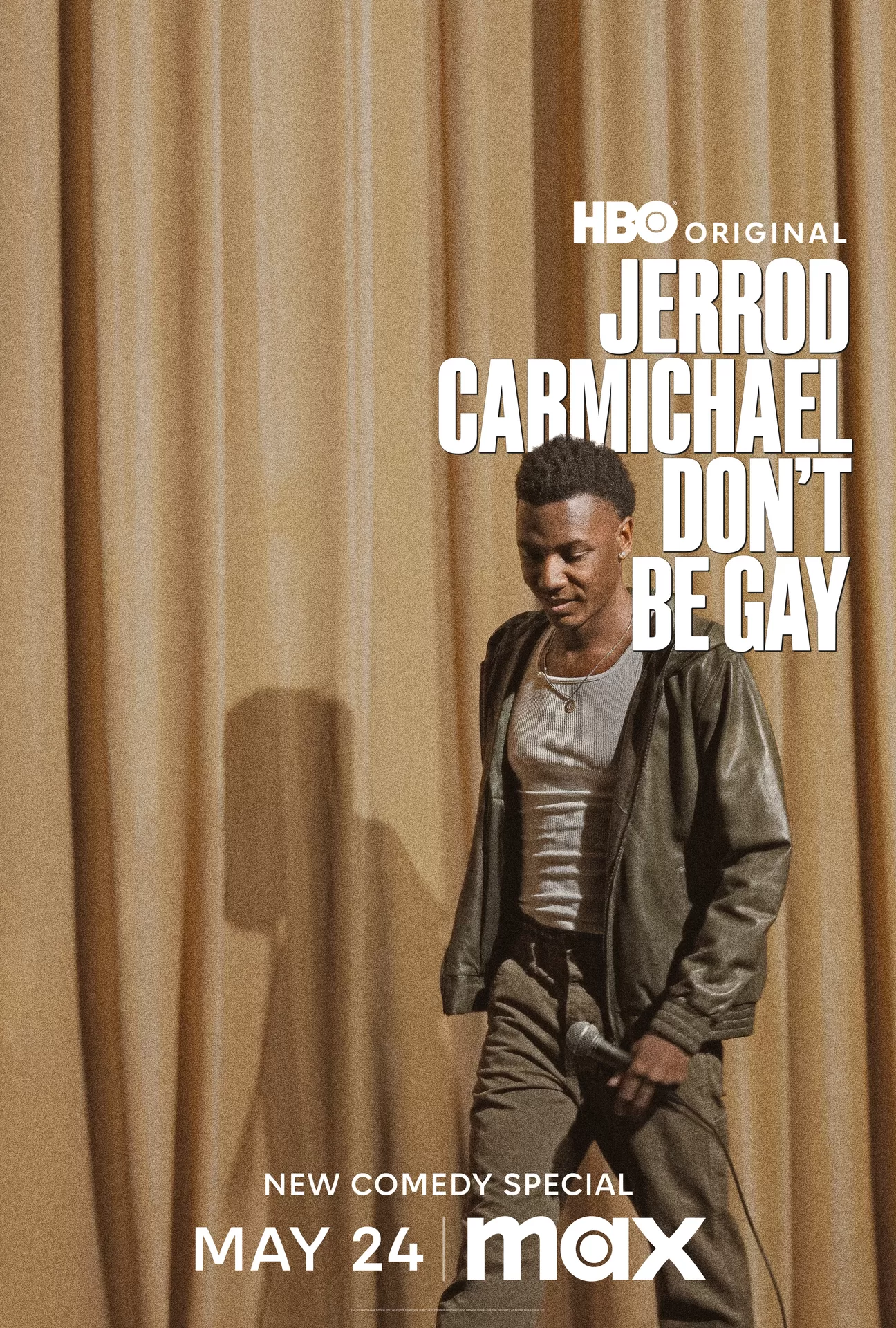When I clicked play on Jerrod Carmichael’s latest HBO special, Don’t Be Gay, I’ll admit—I was stepping into uncharted waters. Standup comedy and I have always had a sort of polite distance; I’ll catch a viral clip here and there, but sitting through an entire special? That’s a whole new level of commitment for me. So, with no Jerrod Carmichael lore in my back pocket and a blank slate of expectations, I dove in, just hoping for a few genuine laughs.
But Carmichael isn’t interested in serving up just punchlines. Instead, he grabs the mic and cracks open the most private corners of his life, letting the audience peek into everything from his rollercoaster romance with his boyfriend Michael to the complicated knots of his family ties. The honesty here is almost disarming. There’s wit, there’s edge, and there’s that kind of raw, unfiltered humor that sometimes makes you squirm in your seat—yet you can’t look away. I couldn’t help but think, is it brave or just plain wild to lay your secrets bare for strangers? Maybe both.

He kicks things off by wrestling with his own internalized homophobia and, honestly, his laundry list of infidelities. The way he talks about being trolled online for having a white boyfriend is painfully real—like being caught in a storm you can’t control, but you still have to walk through it. And there’s this almost sheepish confession that he still craves the approval of Black folks, a need that feels stitched into him by childhood and community. I felt that pang; who hasn’t wanted to be seen and accepted by their people?
Carmichael’s stories bounce from waffle cravings (relatable!) to sneaking around on Grindr, to tiptoeing back into his North Carolina childhood home, where the air still hums with his mother’s relentless faith. There’s humor, sure, but also a restless energy—like he’s still trying to figure out if it’s safe to be himself, even now. The relief he feels about finally living out loud is almost tangible, but there’s still an undercurrent of discomfort, especially when it comes to public displays of affection. Even in an open relationship, jealousy simmers just beneath the surface, and Carmichael doesn’t shy away from admitting his own contradictions. Who hasn’t found themselves tangled up in their own rules?
What surprised me most were the moments when the laughter gave way to something heavier. He talks, sometimes graphically, about sex, about the pain he’s caused his partner, and about the dark places his mind goes—childhood funerals, secret shame, the aching need for connection. There were points where I felt almost like an intruder, witnessing confessions that belonged in a whisper rather than a spotlight. The silences sometimes hung in the air, thick and awkward, as if we were all waiting for a punchline that never quite arrived.
Did I laugh out loud? Not as much as I’d expected. But I couldn’t deny the raw honesty that Carmichael brings to the stage. Sometimes the jokes landed with a thud, and sometimes they cut a little too close to the bone, but it never felt fake. It’s messy, it’s real, and—there’s no getting around it—it’s unapologetically, gloriously gay. And maybe, in a world that so often asks queer people to tone it down, that’s exactly what makes this special worth watching.


Carmichael’s raw honesty is refreshing; it really makes you reflect on the complexities of identity and relationships.